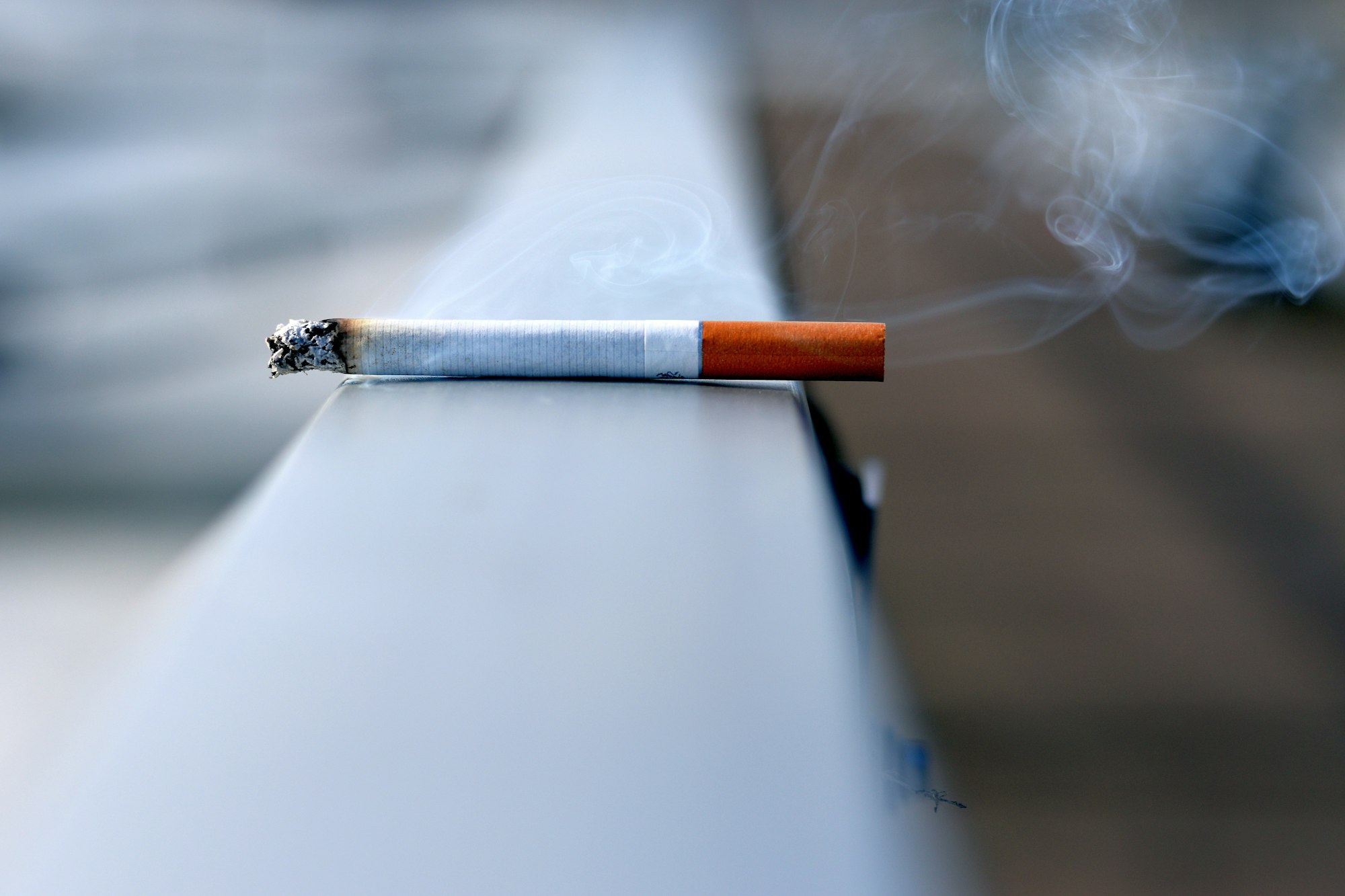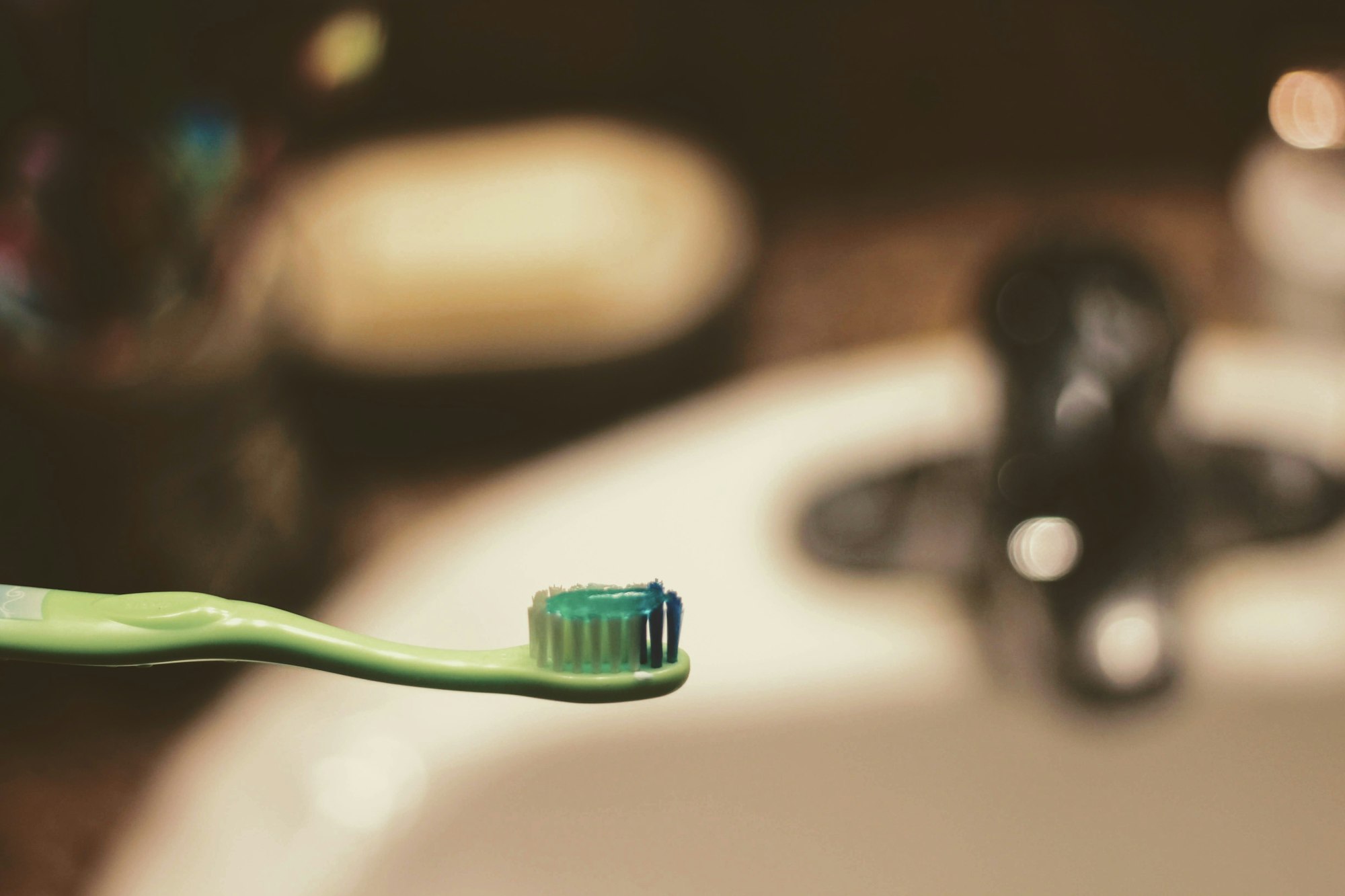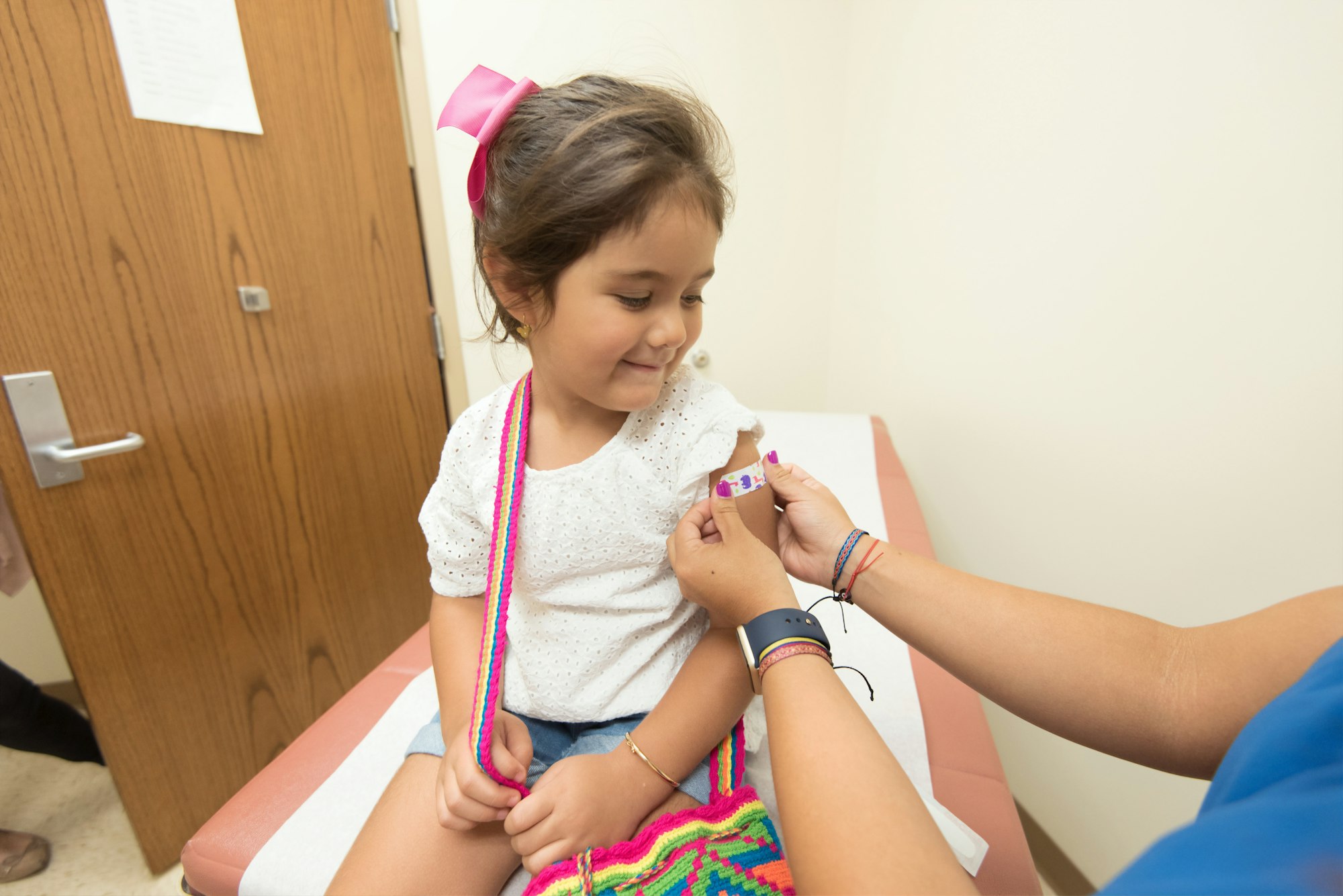Obviously harmful
We all kinda sorta know of the obviously harmful. For example, we know smoking cigarettes is terrible for health. Right? No one is smoking under the impression that it is a net positive.
We also have a few things that are harmful but not immediately. And (my opinion) the effects are filtered down invisibly, the tentacles reaching out into the physical, mental, and psychological that it is hard to know their effects. For example, eating processed foods and sugar. Let's caveat that with "beyond a certain amount and frequency" to make that fact palatable.
And then we have things that are deemed not harmful. Or are harmful but we don't know that they are. As Nassim Taleb reminded me multiple times recently (while reading AntiFragile), absence of evidence is not evidence of absence. For example, the amount of time we spend with a mobile phone next to us or 5G or being bombarded by some form of Wi-Fi.
Naive / Cynical
Earlier in the week, I was chatting with a friend of mine. We were debating the "harmful" effects of products and things in our world. My friend's opinion was if something is harmful, especially something pervasive, it would be reported and removed.
This is not about a specific product. But for the sake of argument, let's say it was about toothpaste. But it can be extended to a lot of things - the stock market crash of 2008, freeing Iraq, or lead in pipes.
Toothpaste
The complication is we "need" toothpaste. We use it daily. How can toothpaste be harmful? How can that harm go undetected? It's not possible.
Let's rewind.
100 years ago, smoking was promoted as something healthy. The famous Camels ad promoted the cigarette as something doctors smoked. Today, it is known that cigarettes are the worst health hazard there is. If cigarettes did not exist, more lives would've been saved than any other man-made disaster put together. Imagine that - all our wars combined!
Or lead in paint.
It takes years, nay decades, to put a stop to these things. People get silenced, money at the higher levels pushes messaging and products, and short-termism on the part of stakeholders ensures that these are not resolved. Heard of climate change?
Control the controllable
What's the point? Are we doomed? Well, cynicism does not help here. So, what do we do? How does one approach this? If Wi-Fi is harmful, if 5G is harmful - are we going to retreat to a remote hillside, away from civilisation?
Or are we going to put our hands up and say it is too big to fight? We need our toothpaste, we need our Wi-Fi.
Well, I don't have an answer.
These are the kinds of things that keep me up. For now, I retain my sanity by looking at "what can I control." And I extend it to "what can I teach my community, in terms of their health and fitness."
But there's always a gnawing feeling that it is not enough.
Powerless?
Assuming that people in charge - of the government, of the economy, of the stock market, of pharma etc - have our best interests in mind is, as a general rule, untrue.
But if individually we are unable to make a change, do we continue to remain pawns? Are we powerless?
All of us can fight the good fight in our own way. What that means is up to each of us. Our vote (not the literal vote in the election) on each action is still up to us. Maybe we won't start with toothpaste and Wi-Fi. Or maybe we will.
Discussion
What do you think?
What "harmless" product/service/behaviour do you know to be anything but?
What second and third-order consequences are we missing - that we can start working on?












Share this post